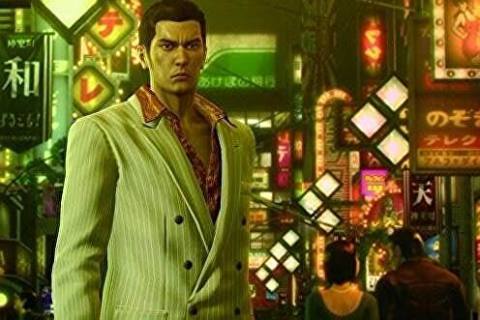
There is a distinct feeling to walking around in a city you used to live in. It is different from going to a new place for the first time and it’s different from walking around a place you live in now. There is a mix of nostalgia and surprise as you walk around the old places you used to know and the new places that have cropped up since. You may feel a tinge of sadness at the places that are no longer there and, with it, a sense of the passage of time.
There really is only one game series that is able to fully capture that feeling. The Kamurocho map in Yakuza has been a staple since the PS2 entries. With new console generations and new engines, this fictional red-light district in the heart of Tokyo has received many face-lifts, but to those familiar with the series coming back always feels the same. Not at all in a bad way. It’s easy to imagine the outrage any other open-world series would face if the developers announced they would re-use the map, but the Yakuza fanbase welcomes this very same decision. A lot of it has to do with the care and attention the Ryu Ga Gotoku studio puts in to make every visit slightly different and period appropriate.
Like many newcomers to the series, I started with Yakuza 0. Kamurocho set in the Japanese economic bubble of the 80s is a sight to behold. You see the gaudy suit-wearing nuevo riches splurging cash as soon as they can make it. The blaring neon signs drench the streets with crimson golden glows. You can’t help but be dazzled by it. Moving forward, in Yakuza 1, during the turn of the millennium this same place takes on a whole new feel. A certain modesty has taken over to mask the debauchery that still thrives under the surface. The Tokyo citizens still want to have fun but they don’t want to imitate their parents. Moving further pn still, Yakuza 6 is set in 2016 after the proliferation of the internet and smartphones. Kamurocho has taken on a new-age feel by blunting some of its edges to attract a wider demographic. The creeping tendrils of capitalism is apparent as new investments keep pouring in.






